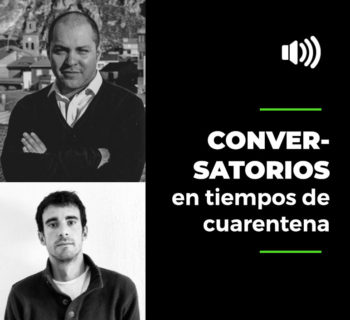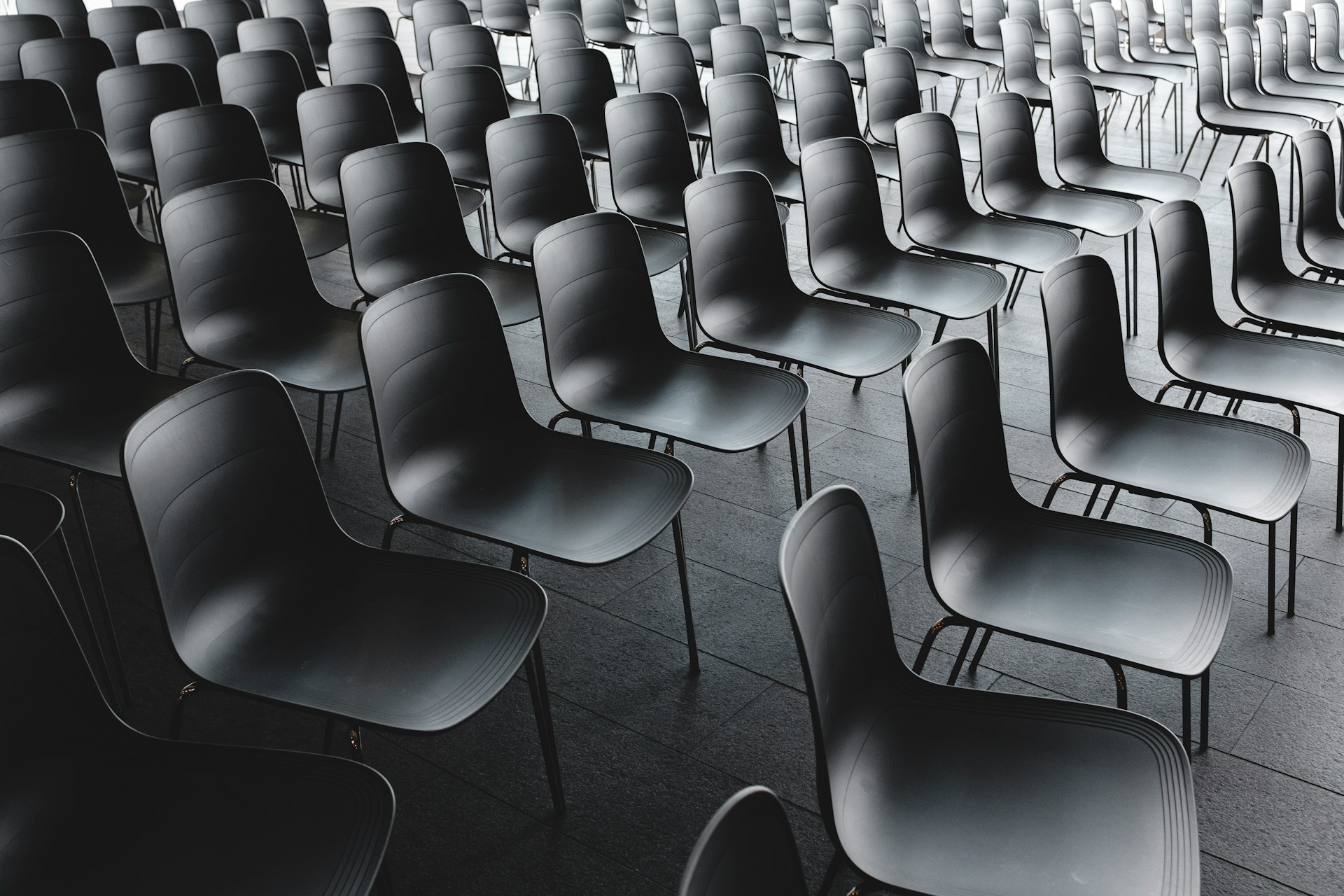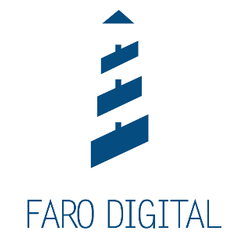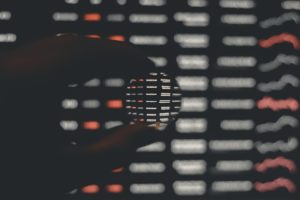El confinament ciutadà: Un “excepcional” entorn per dialogar, compartir i aprendre sobre educació

The pandemic caused by COVID-19 changed the meaning of the vast majority of what we consider “daily life” and “professional life”. And it did it not only on a social level, but also on an individual level. In the educational field, we face the enormous social challenge of giving continuity to the teaching and learning processes through digital tools, but also the need to learn to self-regulate and give a new meaning to the time and space with which we build our daily lives.
Within minutes of declaring the state of alarm that mandated the initiation of mandatory confinement, mobile devices began to engage in unusual activity. The same happened with internet consumption. Perhaps this is determined by the human need to communicate in the face of being exposed to the sight of an unprecedented global crisis.
In this context #charlascovid was born, an initiative promoted by Ezequiel Passeron, Institutional Director of the NGO Faro Digital, and Pablo Rivera, academic at the University of Barcelona and researcher of the Esbrina research group, who, based on the global nature of the crisis and the significant role that digital technologies have taken during the confinement, proposed to carry out international dialogues with recognized voices of education, belonging to the academic, governmental and civil contexts. For an hour, and through a digital communication platform, intellectual meeting spaces with a manifest geographic diversity have been promoted, in order to know the impact of confinement and the pandemic on educational systems in different territories.
To date, 19 virtual talks have been organized. All are available in this space: #charlascovid. Conversatorios en tiempos de confinamiento.
The main objective of these dialogues is to build a bridge between the different sectors, to bring valuable information to ordinary citizens, in a context where overinformation (and disinformation) predominates, and where it is often difficult to access quality content.
Among the talks, we can highlight the following that have had the active participation of members of Esbrina:
Teletrabajo: hábitos, resistencias y revalorización del autocuidado
Cristina Alonso and Carla Fardella
No hay inclusión digital si no hay inclusión social
Juana M. Sancho and Magdalena Claro
Videojuegos en educación. Una oportunidad para conectar saberes con la realidad
Xavier Giró and Alejandro Iparraguirre
La revalorización de la escuela
Raquel Miño, Luisina Ferrante and Pablo Neut
In addition to outstanding contributors:
Desafíos para la ciudadanía en tiempos de confinamiento
Liliana Arroyo and Jordi Jubany
Educación pública para la transformación social
Domitila Viñas and Karen Concha
Reinvindicar el sentido de la educación
Aina Tarabini and Axel Rivas
Pedagogías post-pandemia, inclusivas y colaborativas
Mariana Maggio and Carlos Magro
Confinamiento como un nuevo entorno de aprendizaje
Cristóbal Suárez and Patricia Escauriza
Es momento de respaldar la escuela
Inés Dussel and Jordi Adell
And three monographic interviews:
It is impossible to be radical without being optimistic
Henry Giroux
Enfrentando la herencia analógica en educación
Cristóbal Cobo
Nivelar la escolarización para no ampliar la segregación
Xavier Bonal
In general terms, these virtual talks have addressed the innumerable challenges that we will have to face immediately in the educational field. From different areas of knowledge, territories and political positions, interesting questions and proposals have emerged that are available to the entire educational community.
#charlascovid will continue to take place until the end of June of this year. From that date, the initiative will continue, but with another objective and program, and, of course, another name: #educacionsincontrol.






